K-Drama Feature: Makjang
Love it or hate it, K-Dramas are rife with makjang, the Korean term for over the top or ridiculous subplots and coincidences that keep the viewers tuning in week after week. A drama doesn't have to be terrible or illogical to be makjang, it could be extremely well-acted or tug at your heartstrings.
Despite the negative connotations, does it truly have to be a bad thing? There are some great dramas that are simply amazing to watch, but when you try and sit down to describe the plot, it seems to get, well, laughable. To wit, here are just a few entertaining dramas that have absolutely preposterous storylines (WARNING: SPOILERS AHEAD):
TRIANGLE

Three brothers are separated at a very young age as a result of their parents' death. A lovely overused trope that they play up here. The brothers reunite (big surprise) in the small town where their father was killed, but they have no idea that they are brothers and each of them pursues his own agenda. Dong Soo, the oldest brother, became a detective and is pursuing a crime boss, Chairman Go, a man with a haircut that resembles nothing so much as vermin. The middle brother, Young Dal, works for both Chairman Go and Dong Soo as an informant, and may suffer from...wait for it...amnesia since he consistently says he cannot remember anything before a certain age, hence prolonging the suspense to the "OMG we're brothers" revelation. The foster sister of the oldest brother is also the therapist of the youngest brother, who happens to be part of a rich family that is building another casino there. In addition, none in our trio of brothers know the depth of Chairman Go's crimes as he is responsible for the death of their father in a mining "accident" that was, of course, no accident.
This drama has a spider-web of connections that makes it painful to think about. Much of the action revolves around gambling. Throw several other crime bosses into the mix, many of them rivals, along with two developing love triangles, and you have recipe for disaster. The writers pull it off skillfully by building slowly to the conclusion. Interesting camera angles serve to highlight an interesting drama.
King of Baking, Kim Tak Goo

Running off to find his kidnapped mother, our hero, the illegitimate son Tak Goo who grew up never knowing his biological father, ends up enrolling in a baking school. The school just happens to be owned by his father's teacher; there, he bumps into Ma Jun, his "half-brother" who hates him (of course), and the man who kidnapped his mother (don't ask). His half-brother plots with Tak Goo's stepmom to replace their father as chairman of the company and rob Tak Goo of his birthright. After their attempts alert the Chairman of their treachery, the chairman's assistant, also from Dr. Evil's School of Villainy, tries to kill Tak Goo. In a bizarre twist of fate, the man who kidnapped his mother ends up saving his life. So finally, Ma Jun and Tak Gu kiss and make up (okay, maybe they don't kiss) and Tak Gu lives happily ever after with his girlfriend and Ma Jun travels the world with his new bride (okay, there really was no kiss. Happy?). All in all, a very satisfying drama with a happy ending, if you don't think about it too much--just enjoy the moments! And don't try explaining it to any friends, they'll just get lost.
Angel Eyes

Soo Wan is rescued from a collapsed tunnel, but her eyes are damaged and she goes blind, a common trope in K-Dramas. Soo Wan's mother dies in the collapse, along with a rescue worker that was trying to escort her out. The rescue worker just happens to be the father of Dong Joo. Already that just seems like a convenient plot device to kill two parents in one shot. Dong Joo and Soo Wan meet years later, not knowing of the connection between them (which is never explained or mentioned again). They fall in love, but when Jung Hwa, Dong Joo's mother, dies he must leave for America, because that's the default place for one half of a split up couple to go. When our hero's mother dies, Soo Wan gets a corneal implant from her donated eyes.
This drama seems to suffer from the "nothing can be normal" trope. Even Jung Hwa's death is not normal. She is the victim of a hit and run accident. She goes through surgery fine, but another doctor involved in the hit and run injects something into the IV to induce cardiac arrest. Worse, the same person is trying to discredit the director of the hospital, who happens to be Soo Wan's father. The hospital director also had a part in killing her by taking off her respirator because her death would give his daughter a new pair of eyes. Jung Hwa has the dubious distinction of being killed by two doctors (how ironic). Looking into the hit and run accident has gotten the detective framed, fired, and nearly murdered.
Twelve years later, Dong Joo sails into town, looking for his girlfriend. She, of course, does not recognize him and he travels under an assumed name. A hotshot neurosurgeon is in love with Soo Wan, but she breaks off their engagement when her long-lost love, Dong Joo, returns, leaving us with the old love triangle concept.
It could end up a big, soapy mess, but the director and writers really keep it moving and engaging, not letting you stop long enough to think "Really?" It happens to be one of my favorites, but sometimes even I have to take issue with the tangle of schemes and plot devices positively designed to leave our couple in tears.
You Who Came From The Stars

An alien lands on earth 400 years ago, possessed of flight, super-speed, super-hearing, super-vision, super-strength, and time control. Plus he doesn't age and is super handsome? Really, Superman should sue this guy; the only thing he's missing is the red and blue leotard. So our alien, in the Joseon era, saves a girl and falls in love. Then she dies and he has to walk the earth alone. And in the modern era, shortly before he's about to depart, meets a chick who looks just like the girl he loved 400 years ago. So she just has to be the same person right? Except she's a spoiled movie star who's already somewhat dating her childhood friend. The older brother of her human boyfriend (did I seriously just write that?) is trying to kill her, because she knows a secret about him that he doesn't want uncovered. So, through a series of sequences in which the alien becomes her savior (shades of Lois Lane!), they fall in love. Then the fun begins when he loses control of his powers. Maybe they should have searched for a glowing nugget of Kryptonite nearby. But I have to say, the special effects in this drama were top-notch and it was compelling to watch. Science fiction is, unfortunately, incredibly rare to see in a K-Drama, and it's great to see that someone actually gave it a good shot. Of course the two attractive stars didn't hurt things, either.
Stairway To Heaven

This drama dials the makjang up to 11. Our heroine not only loses a parent, but gets mowed down by her stepsister's car -- twice (what did we learn to do before we cross the street, kids?). As if that weren't bad enough, the impact of the car gives her amnesia and, taking advantage of this, her stepbrother convinces her they were in love before she lost her memory and runs off with her. And, in true makjang fashion, she discovers she has ocular cancer, which makes her go blind. The doctor can't take a live cornea donor, so the step-brother commits suicide to give her new eyes. Just to make for a really happy ending, the cancer eventually spreads to her brain and kills her. If there was ever a case for needing a good luck charm, it's this gal. At least there's an upshot -- no matter how bad things are, they can always get worse.
Now, I'm sure this had most people in tears when it was released. In fact, I'll bet the levels of nearby bodies of water probably rose a few inches where people were watching. But, you have to admit, this is a drama that would make Sophocles, the father of tragedy, break down and weep. But really, were you thinking how over-the-top it was while you were watching it? No, of course not. Kim Tae Hee played a deliciously evil stepsister and Choi Ji Woo turned in a wonderful, believable performance as the disaster-dogged heroine (I've been a fan of hers since 'Winter Sonata').
So, now that I've presented my list, what about yours? Any favorite dramas that were delightfully makjang that I didn't mention? I know that there are a ton more as K-Dramas are well known for it! Let me know, and tell me what was makjang about it!
SEE ALSO: Tzuyang speaks out after blackmailers' prison sentences
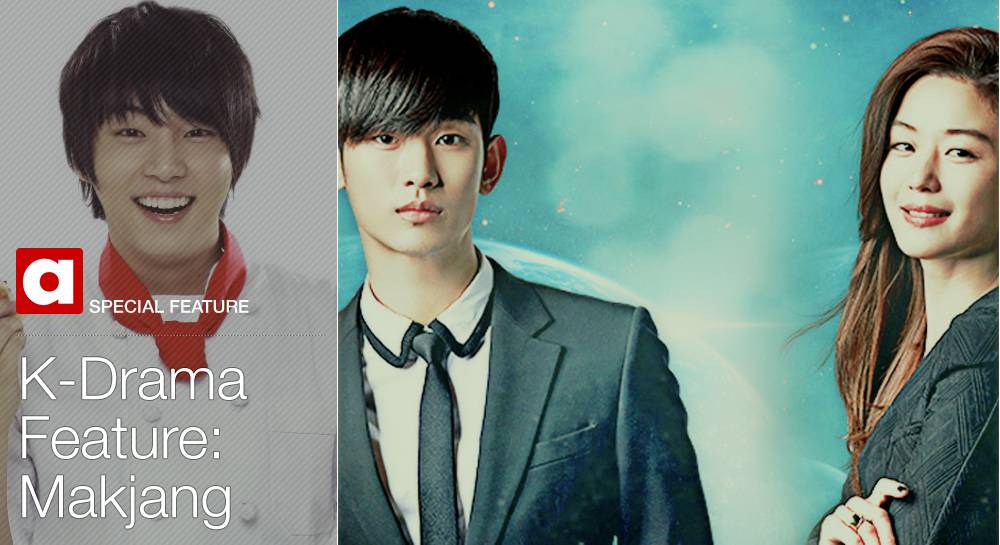
 SHARE
SHARE


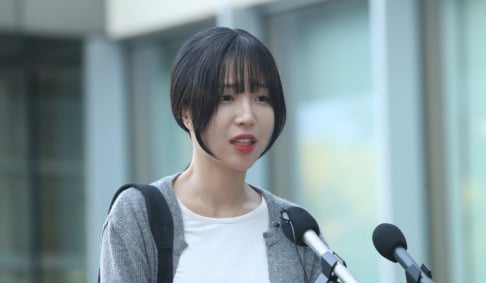
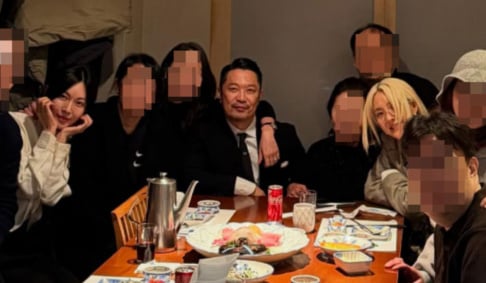
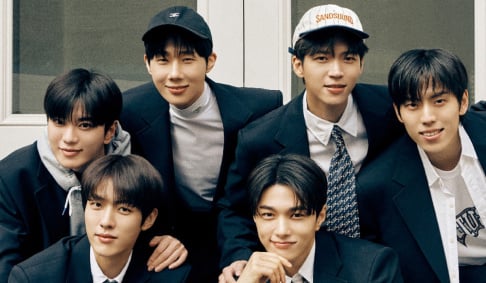
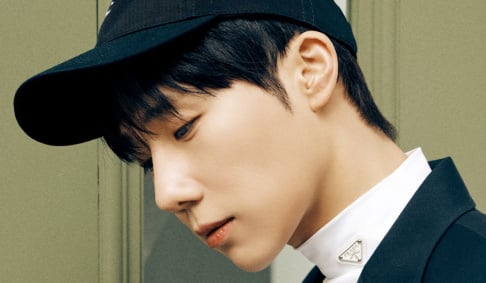
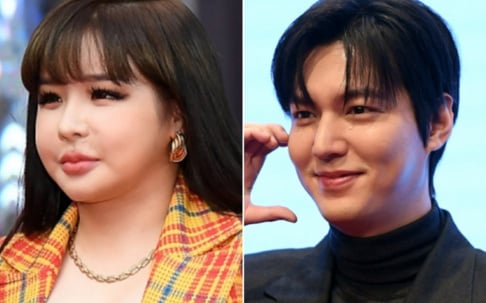
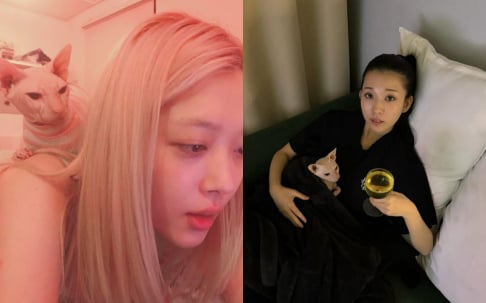
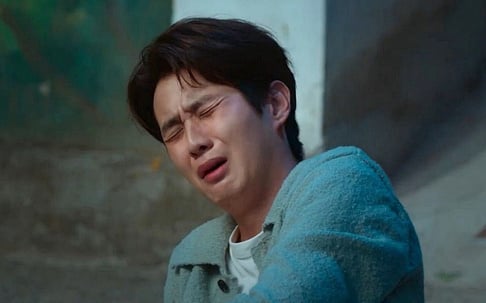

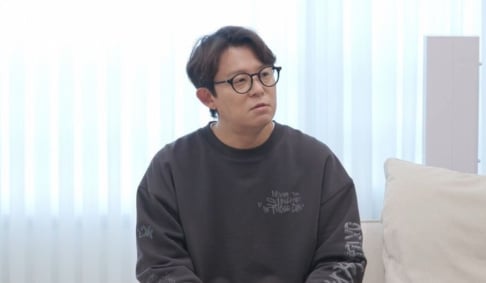
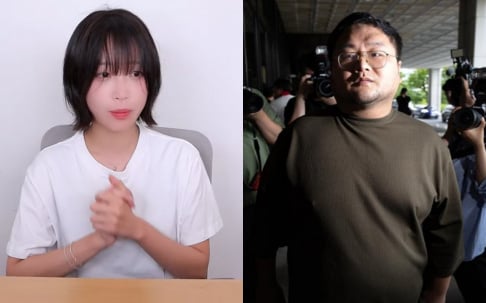
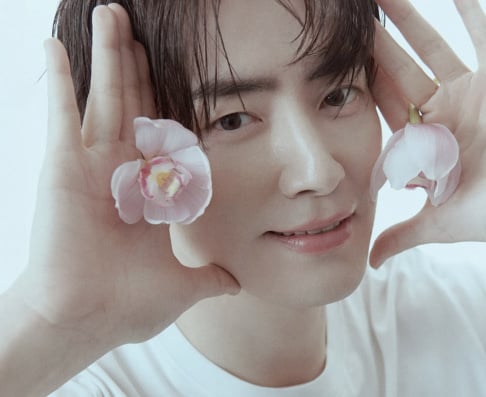
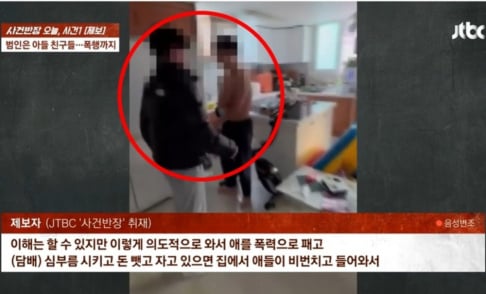
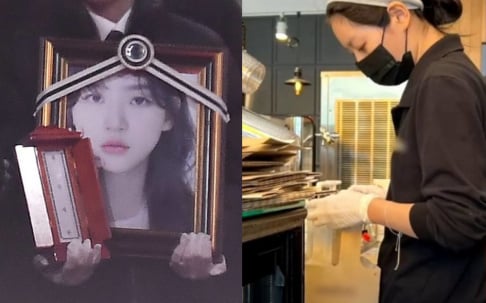
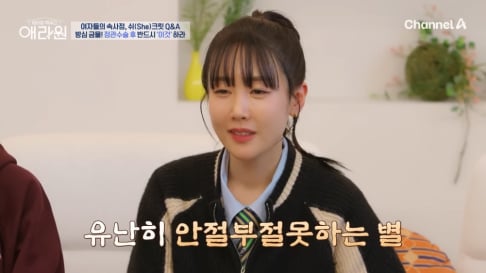
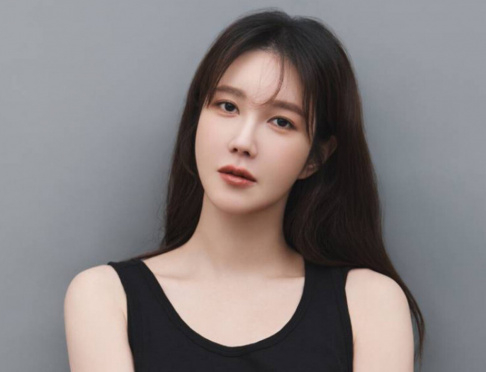

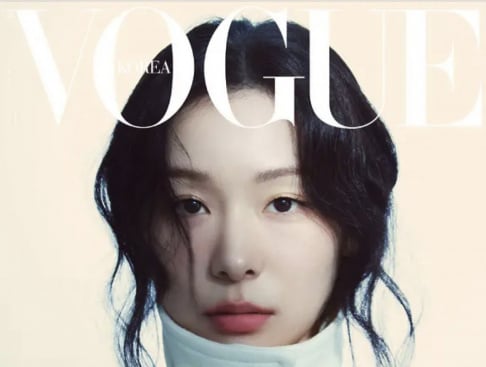
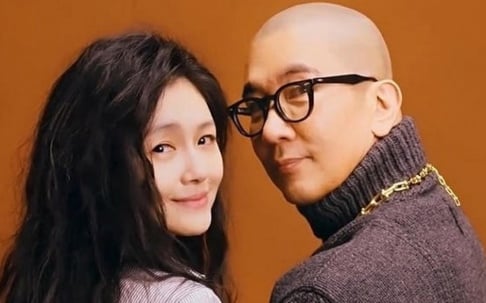
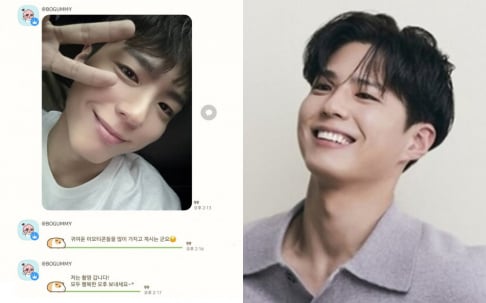
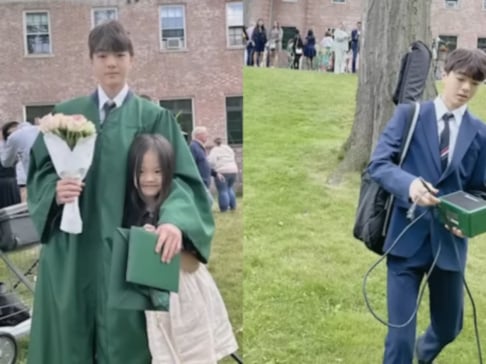
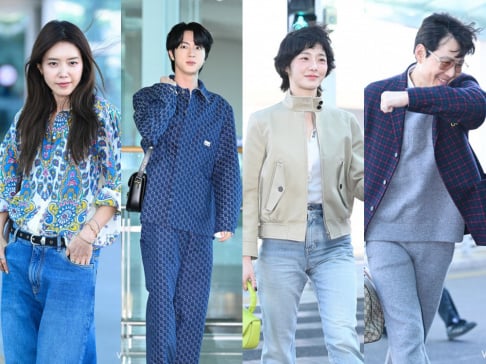
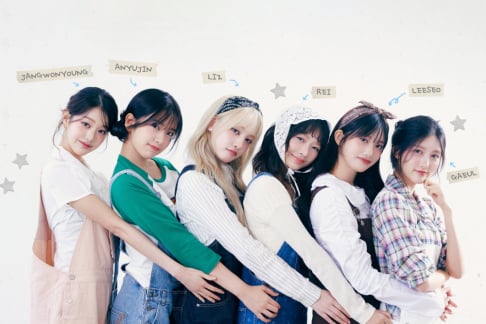
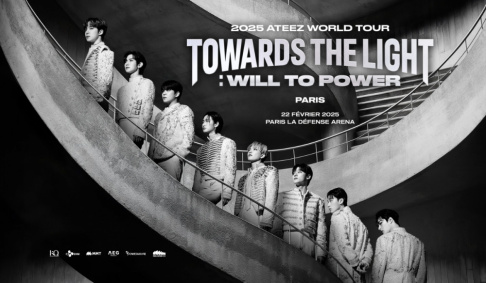
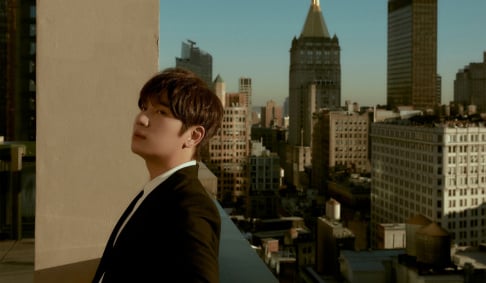


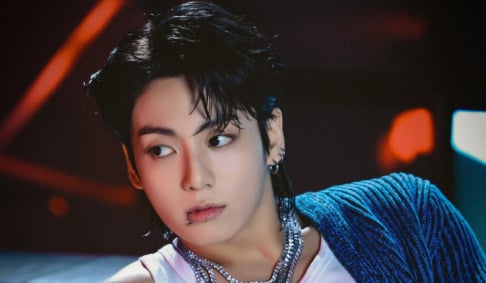
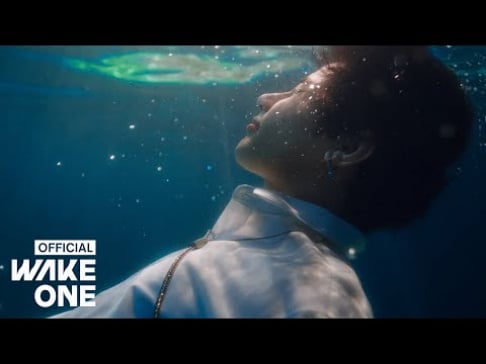
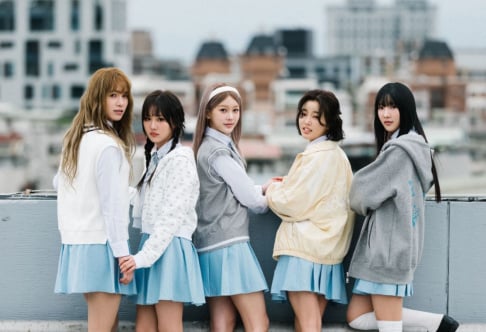

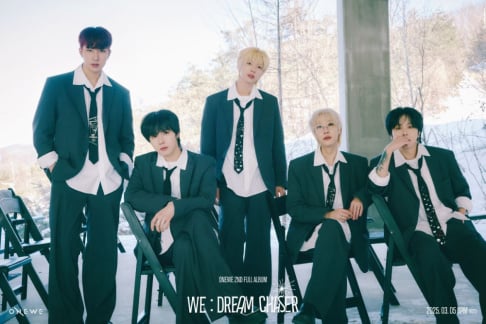
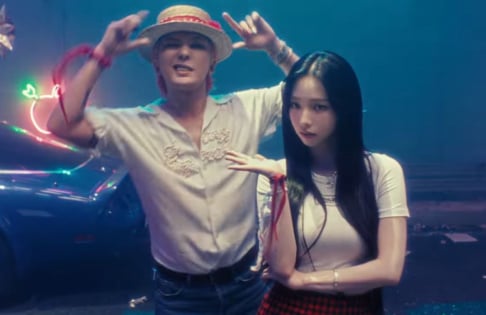
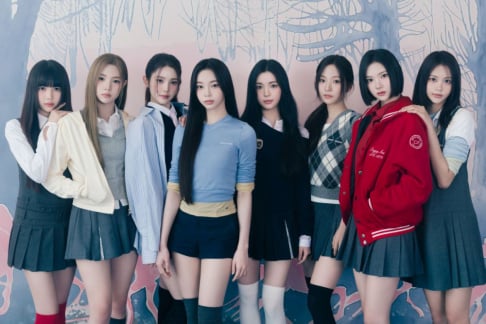
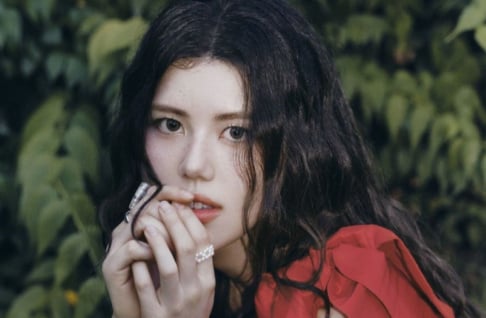

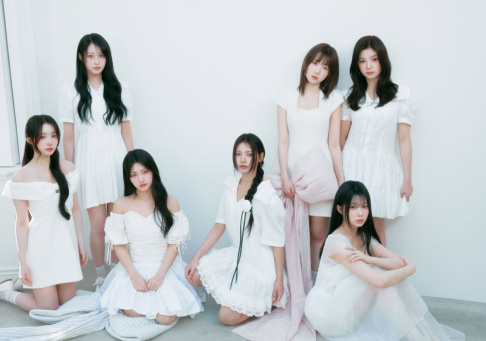
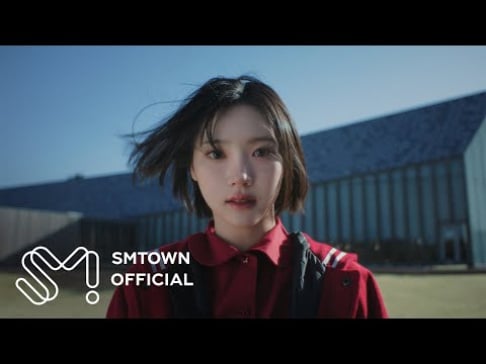






Log in to comment